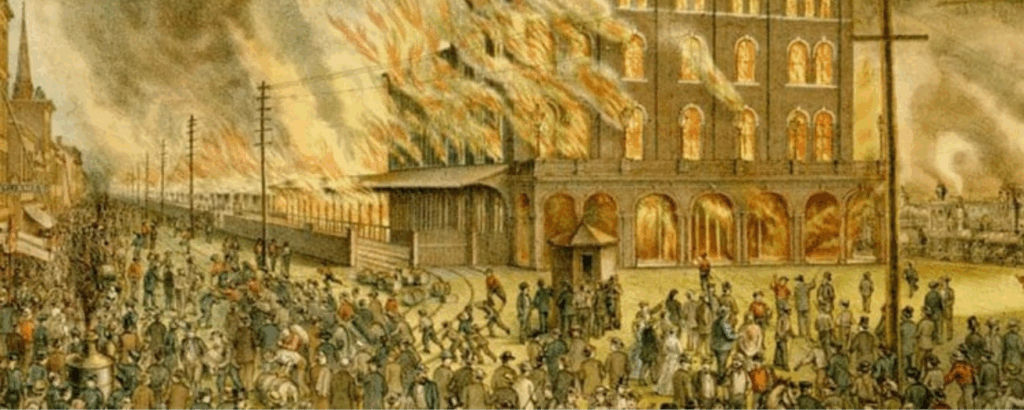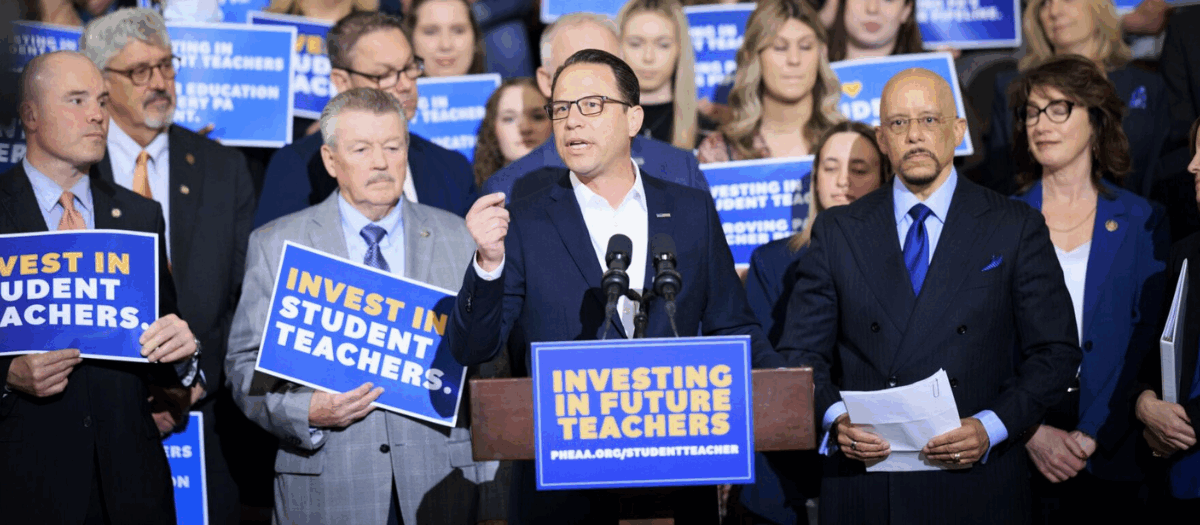Two centuries of labor unrest in Philadelphia
Last month, just before the start of the school year, the Philadelphia Federation of Teachers and the School District of Philadelphia reached a tentative three-year agreement. It’s just the latest threat of a looming strike in Philadelphia to be resolved.
Many American cities have been affected by strikes over the years. The City of Philadelphia, is no exception. In June the City of Philadelphia negotiated with AFSCME District Council 33 in order to resolve a strike that affected the City’s Emergency Response Services, closed libraries around Philadelphia, and brought trash collection to a halt.
Almost forty years ago — during a sweltering summer season in Philadelphia in 1986 — another strike by District Council 33 would affect sanitation services. Trash was piled up along the streets of the city in the hot July sun for nearly four weeks before the strike would be brought to an end.
This summer, Philadelphia joined other American cities with crowds of demonstrators in the hundreds in order to protest ICE raids by the Trump Administration. Demonstrators also protested the arrest of labor leader David Huerta, President of SEIU California, who was arrested in LA.
My great-grandfather, who worked for the Pennsylvania Railroad, was among those who was involved during the Great Railroad Strike of 1877. A lifelong employee of the PRR, he fought for better wages and working conditions for Philadelphia railroad workers for his whole life. That strike in 1877 did not originate in Philadelphia but, like other events in history, our city would play a major role.
The Great Railroad Strike began on the 16th of July. Three days later, the unrest would reach Pennsylvania. Philadelphia National Guard Militia was even called upon to quell the violence in Pittsburgh, where locomotives were severely damaged around the town’s Union Station.
It was all the way back in 1835 when the first strike in America happened right here in our city. In the warm spring months of that same year, heavers that worked the “Schuylkill Docks” became the first to go out in the country — demanding the adoption of a 10-hour workday. Their gathering of discontentment in early June of that same year would pull all sorts of tradesmen to it and swelled in size with a cry that could be heard of “we are all day laborers!” It was even complete with musicians. One week later, the ranks of the protest reached some 20,000 strong and would compel an agreement that the City Corporation employees would indeed get a twelve-hour workday, scheduled from 6 a.m. to 6 p.m.
In 1910, some 70,000 Philadelphia streetcar workers would join in a strike against the Philadelphia Rapid Transit Company. Philadelphia Police would begin to arrest union organizers as well as those sympathetic to the union. In the chaos, Philadelphia news outlets at the time reported, multiple people were killed by those trying to contain the strike and several streetcars were disabled. By the time that the strike was brought under control around March 27th, participation estimates were around 140,000. The strike itself would not end until April 19th. Eventually, strikers would get their jobs back and get a wage increase — although the ones who went back to work lost all seniority that they had previously earned. When all was finally over, the general strike had cost Philadelphia millions.
Michael Thomas Leibrandt lives and works in Abington Township, Pennsylvania.





Once again, SEPTA the teacher’s union and District Council 33 extorted more money than any of them are worth and debased the quality of life in Philadelphia once again. You can almost tell the changing of the seasons by it.
The democratic leadership which thrives off of the money these unions pay them absolutely do not represent the citizens of the city. They never have.
While I am all for the wellbeing of city workers and good paying jobs for them, the game that has been played for so long is unsustainable. It is truly high time the city and the Commonwealth end all public service unions. They exist to serve the citizens who pay them via the city’s excessive taxes. There are limits to the resources people have.
If the city wants to have any kind of future as a place for economic growth and attract companies to come here, things must change NOW.
Thank you
Vince Gallo
Glassboro, NJ (former South Philadelphia resident)
Hey Vince I totally agree with you but you’ll have a better chance of seeing Christ riding a bicycle down Matket Street.